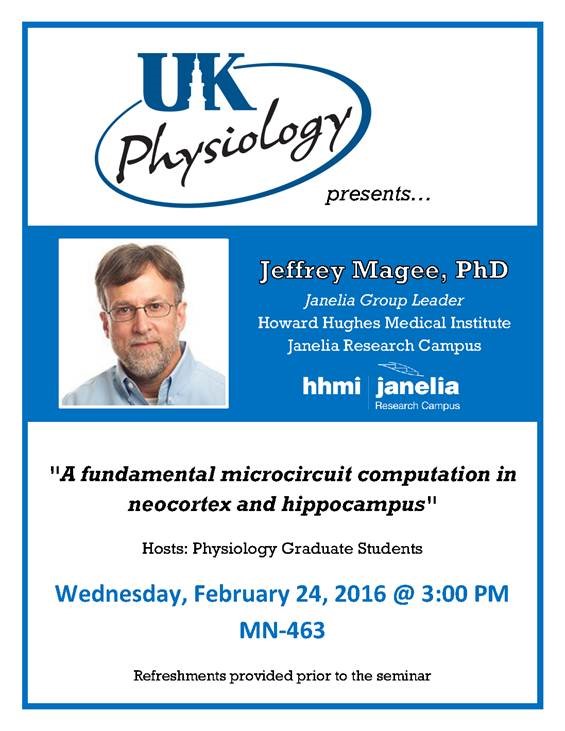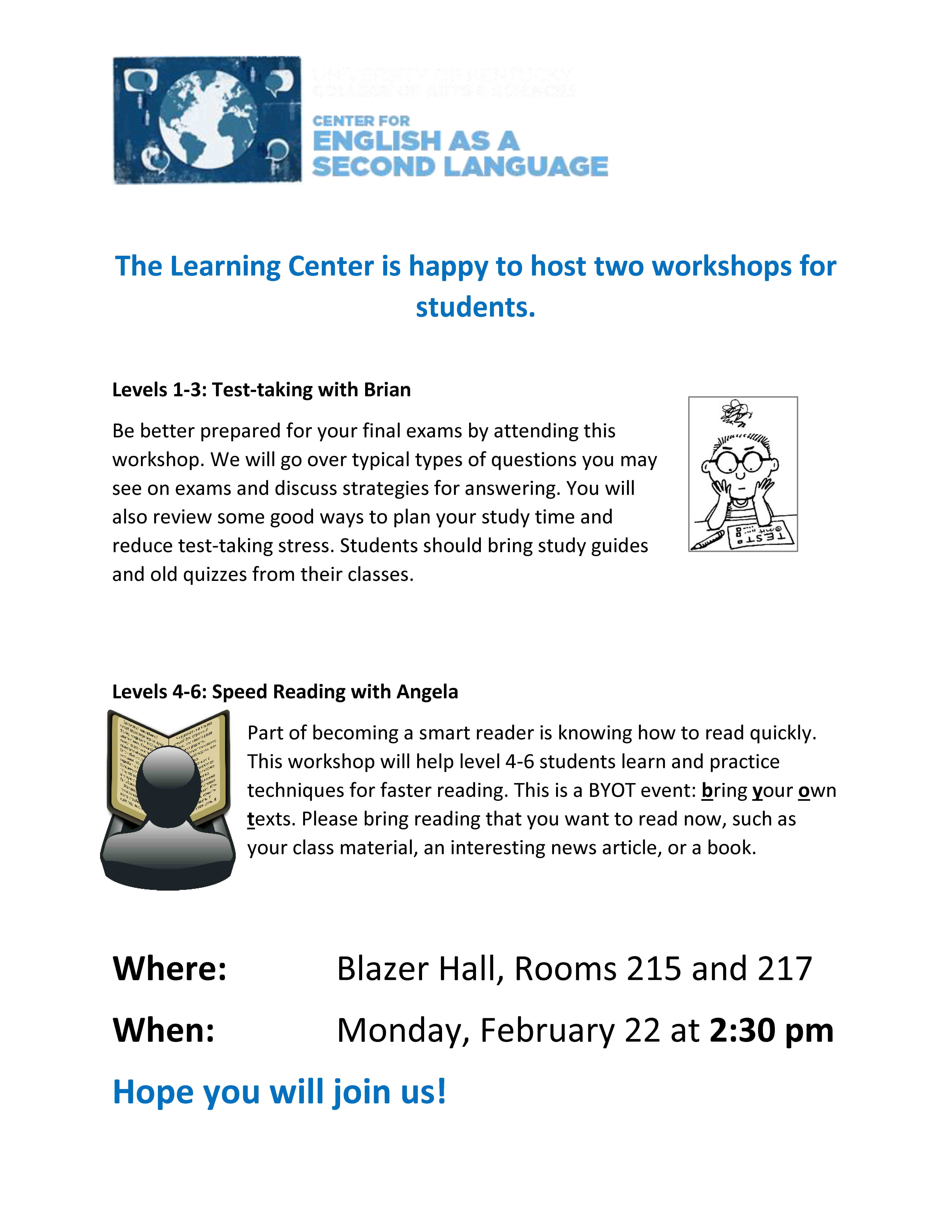Theory Seminar: Asymptotic Symmetries and Gravitational Waves
Algebra Seminar
Title: Quantum error-correcting codes. II
Abstract: This talk will be a continuation of the talk from last Wednesday. Definitions from quantum computing will be formalized and algebra will finally come into play to translate quantum questions to classical coding theory.
Math Club Meeting
David Murrugarra will talking about some research he did over the past year with two UKY undergraduate students. The title and abstract of his talk are below. Please come and ahangout with other mathematically minded students. There will be pizza.
Title: Estimating Propensity Parameters using Google PageRank and Genetic Algorithms
Abstract: Stochastic Boolean networks, or more generally stochastic discrete networks, are an important class of computational models for molecular interaction networks. The stochasticity stems from the updating schedule. The standard updating schedules include the synchronous update, where all the nodes are updated at the same time and gives a deterministic dynamic, and the asynchronous update, where a random node is updated at each time step that gives a stochastic dynamics. A more general stochastic setting considers propensity parameters for updating each node. SDDS is a modeling framework that considers two propensity values for updating each node, one when the update has a positive impact on the variable, that is, when the update causes the variable to increase its value, and the other when the update is negative, that is, when the update causes it to decrease its value. This extension adds a complexity in parameter estimation of the propensity parameters. This talk presents a method for estimating the propensity parameters for SDDS. The method is based on adding noise to the system using the Google PageRank approach to make the system ergodic and thus guaranteeing the existence of a stationary distribution and then with the use of a genetic algorithm the propensity parameters are estimated.
19th Annual University of Kentucky Graduate Philosophy Conference
Conference Theme: Technology Today
Keynote Speaker: Professor Iain Thomson, University of New Mexico, will give his talk "Phenomenology, Technology, and the Political"
Special Colloquium: Searching for Dark Matter with SuperCDMS
There is an overwhelming body of astrophysical data that confirms the existence of dark matter. This makes direct searches for dark matter one of the most promising ways to discover new particles and fields. For over a decade, the Cryogenic Dark Matter Search has pioneered the use of athermal phonon and ionization sensors to achieve world-leading sensitivity to a theoretically-favored dark matter candidate, the Weakly Interacting Massive Particle. This endeavor is far from complete, however. The discovery of the Higgs coupled with the lack of any confirmed new physics beyond the Standard Model, has made it increasingly important to explore all regions of parameter space in the search for dark matter. Thus the SuperCDMS collaboration is now focusing on the search for low mass WIMPs and other light dark matter particles. I will present results on WIMP searches from the first few years of Soudan operation. Additionally, the collaboration is planning a bigger, more sensitive experiment to be built at SNOLAB, which will push sensitivity to light WIMPs many orders of magnitude below present-day limits. I will conclude my talk with a brief discussion of the status and plans for this next-generation installation, SuperCDMS SNOLAB.
Refreshments will be served in CP 179 at 3:15 PM
Condensed Matter Seminar: The Percolation Conduction Problem
A recounting of my failed attempt to use conformal field theory to resolve a question about percolation theory. Along the way, I'll try to explain what conformal field theory is (a teach-in in advance of this year's Van Winter lecture)..



